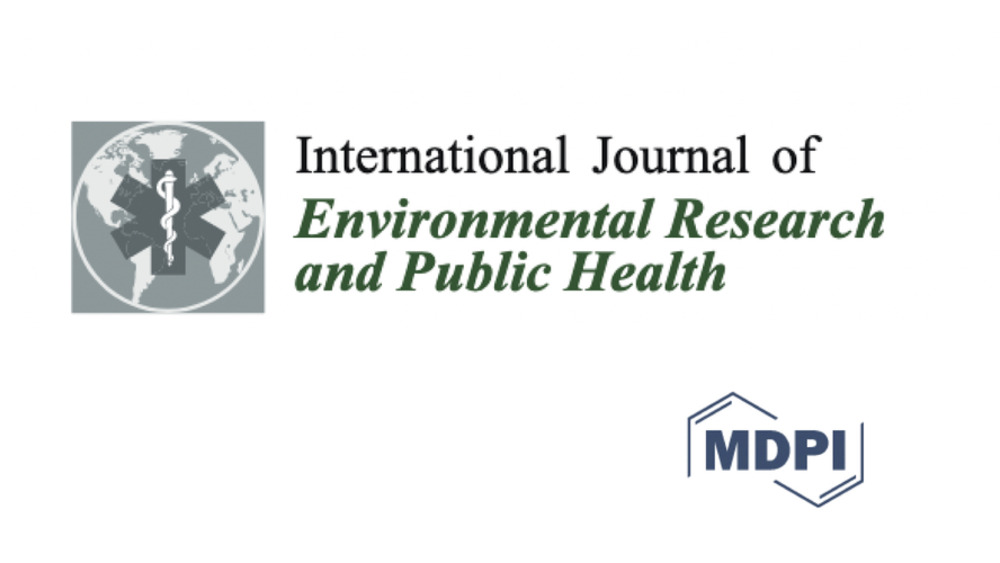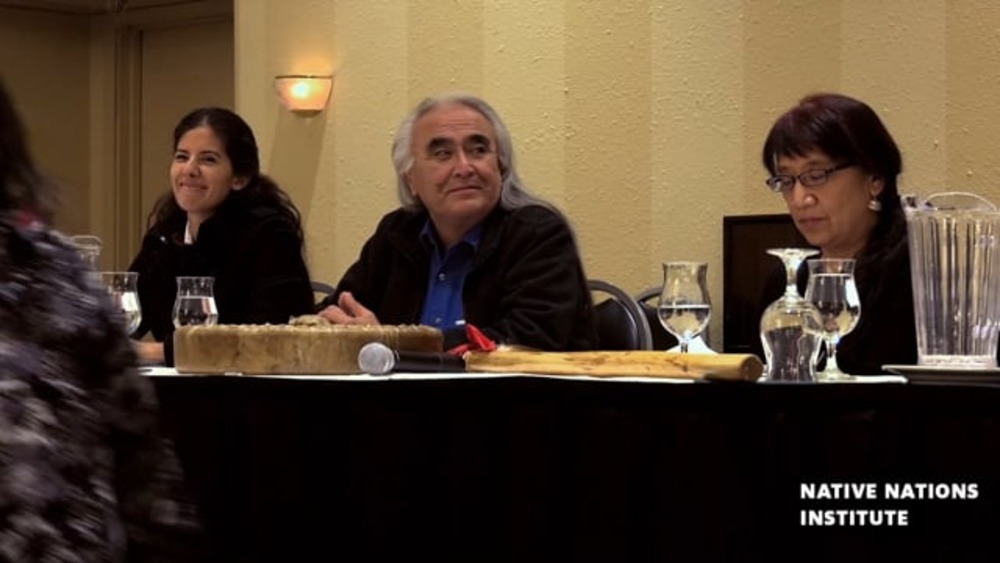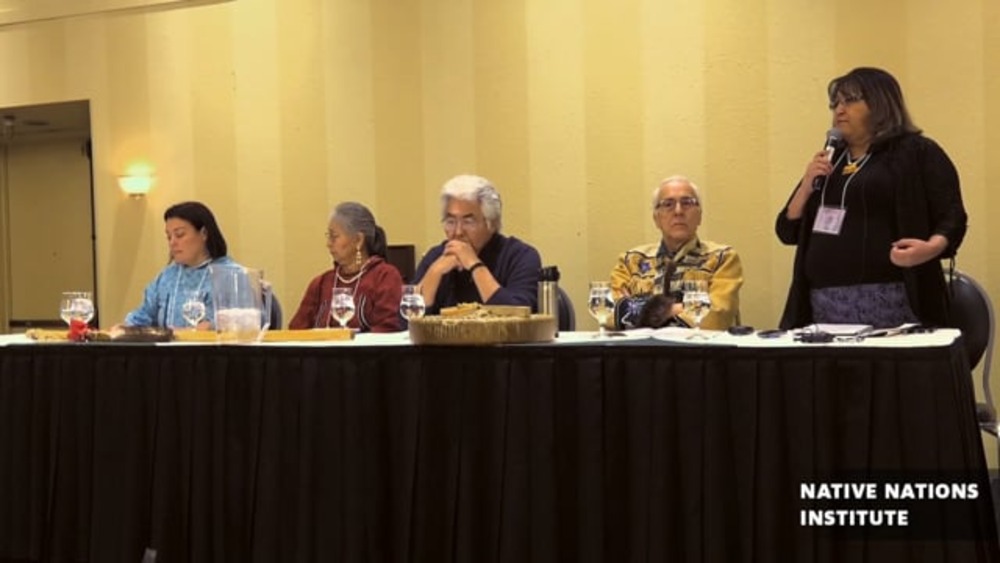Indigenous Governance Database
Jessica Black
Thumbnail or cover image

Reclaiming Indigenous Health in the US: Moving beyond the Social Determinants of Health
The lack of literature on Indigenous conceptions of health and the social determinants of health (SDH) for US Indigenous communities limits available information for Indigenous nations as they set policy and allocate resources to improve the health of their citizens. In 2015, eight …
Thumbnail

Governance and Wellness Roundtable - Alaska Tribal Government Symposium
This discussion at the Alaska Tribal Government Symposium emphasizes the connections between Indigenous self-government and wellness. Western methodologies are eager to emphasize the gaps in wellness (social, economic, and medical and mental health outcomes) between natives and non-natives.…
Thumbnail

Roundtable: Traditional and Modern Governance and Decision Making in Alaska
A panel discussion with Native leaders in Alaska about the significance of tradition and culture that has influenced their Indigenous governance.
